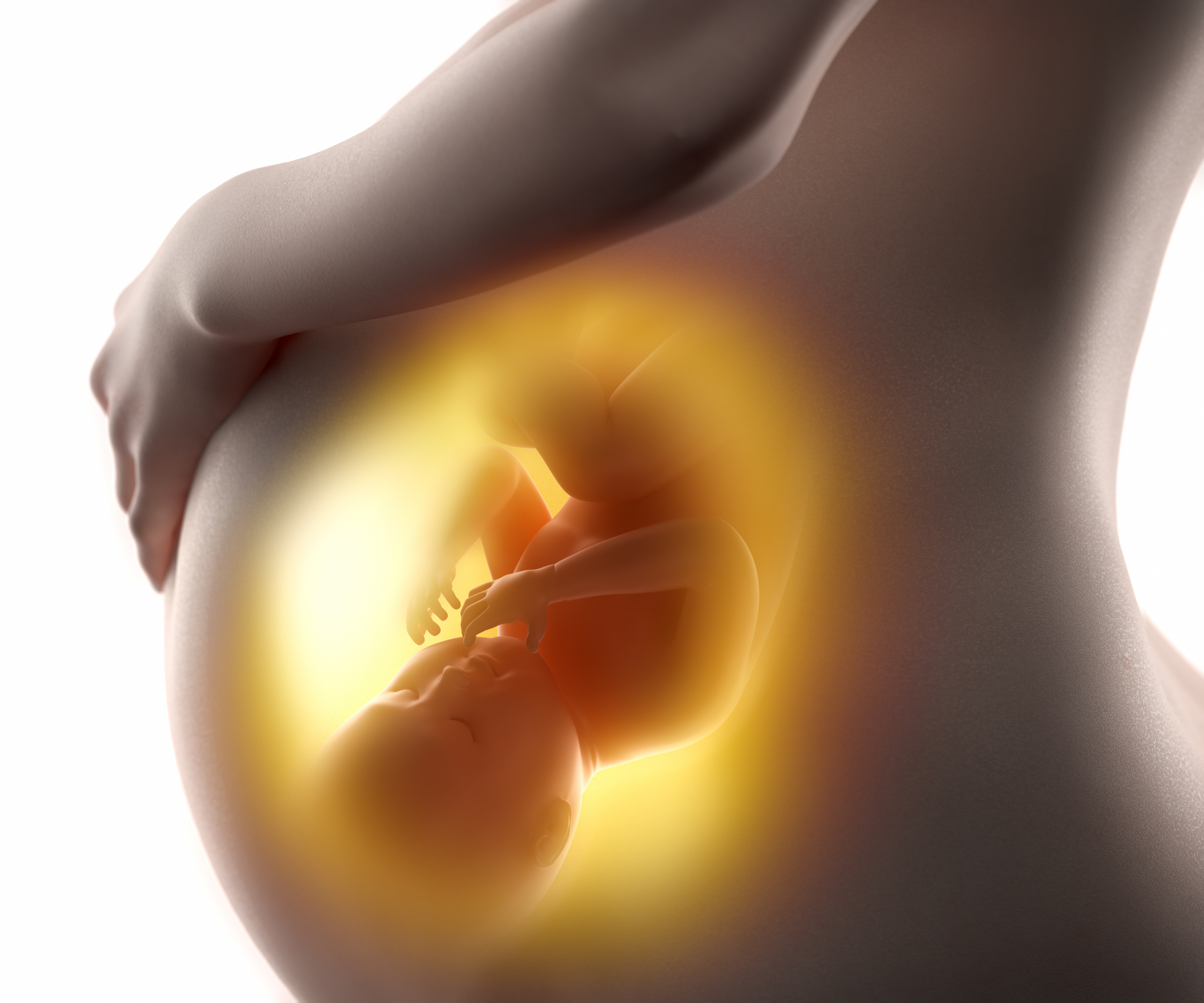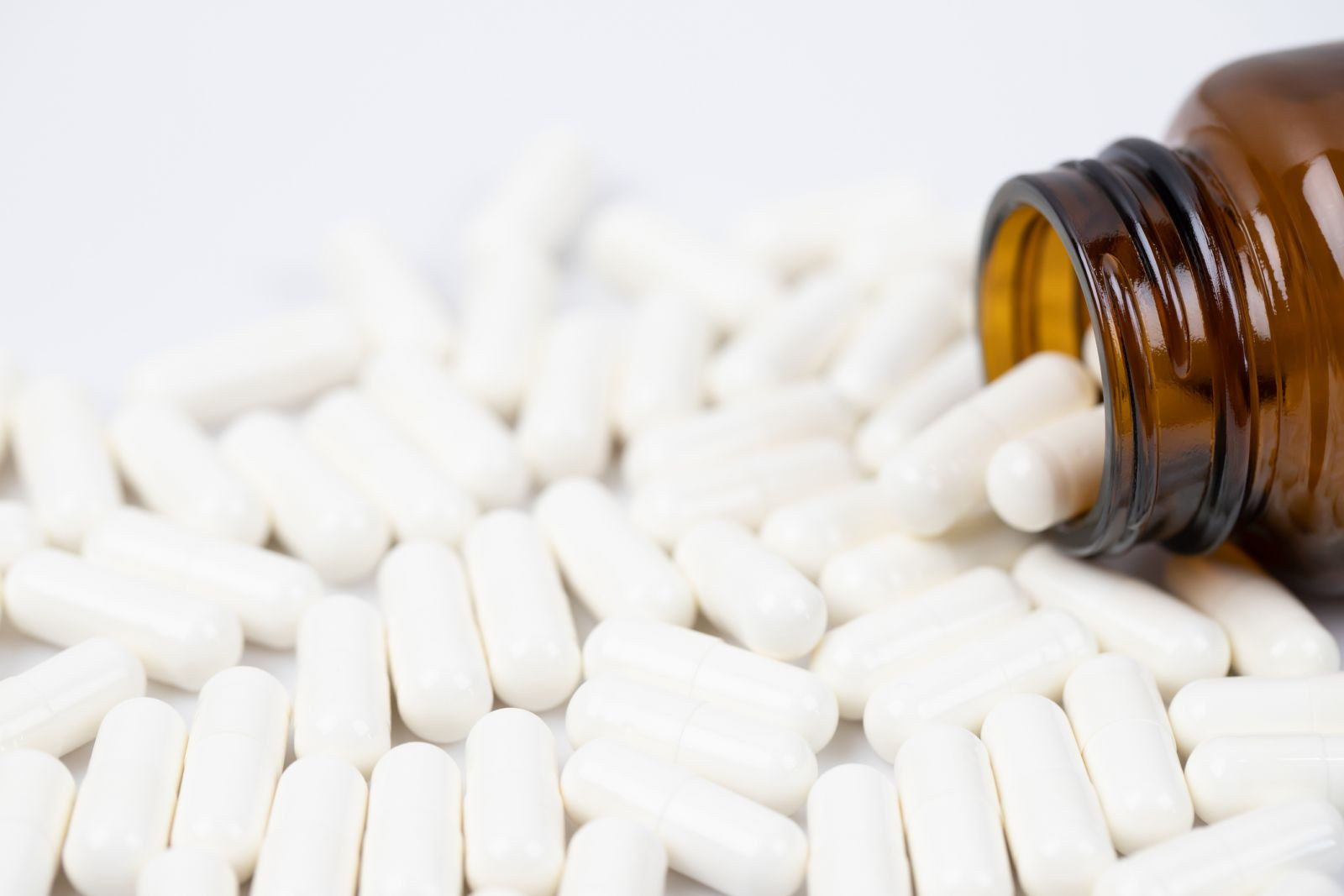
Driving with arthritis pain: Stay comfortable — and safe — behind the wheel

Daily cup of coffee may prevent afib recurrence

Gene-editing therapy lowers harmful blood fats in early study

What is EMDR therapy, and who can it help?

GLP-1 drugs versus bariatric surgery for treating obesity

Two dumbbells, three exercises, and 10 minutes

Easing the emotional burden of IBS

Modify your push-ups to meet your fitness level

What is long QT syndrome?

Stroke survivors may benefit from very low LDL levels
Digestive Health Archive
Articles
New thinking on peripheral neuropathy
Nerve damage might be causing everything from low blood pressure to gastrointestinal distress without your knowing it.
Doctors have long known peripheral neuropathy as a nerve condition that causes reduced sensation, tingling, weakness, or pain in the feet and hands. But those symptoms may be just the tip of the iceberg. Doctors are now learning that neuropathy can cause many more problems.
What is peripheral neuropathy?
Peripheral neuropathy refers to damage to the peripheral nerves throughout the body. These nerves carry messages to and from the brain.
Why did the FDA issue a fecal transplant warning?
Ask the doctors
Q. I heard that the FDA recently issued a warning related to a specific treatment for Clostridium difficile infections. Can you explain what this warning is about?
A. The FDA issued a warning in June aimed at health care providers who are using fecal transplants to treat Clostridium difficile (C. difficile) infections that have not responded to traditional treatments, such as antibiotics. Doctors perform fecal transplants (which are still considered investigational by the FDA) by introducing stool from a healthy donor into the gastrointestinal tract of the person infected with C. difficile. The introduction of healthful bacteria can sometimes treat the infection, which typically inflames the colon causing symptoms such as severe diarrhea, cramps, and fever. The FDA issued its warning after two immunocompromised adults developed infections from an antibiotic-resistant strain of Escherichia coli (E. coli) following transplants from stool contaminated with the bacteria. Both people got transplants from the same donor. One of the two people died following the infection. To prevent similar problems in the future, the FDA now recommends that doctors performing these transplants follow some new safety measures, including the following:
The state of gas
Excess gas can be annoying, but is it cause for concern?
Gas is a normal — yet embarrassing — part of digestion. "We're all pretty gassy as individuals," says Dr. Kyle Staller, a gastroenterologist with Harvard-affiliated Massachusetts General Hospital.
In fact, the average person produces between 1/2 and 1 liter of gas every day and passes gas about 10 to 20 times. "While people may not like it when they do it, especially at inappropriate times, it's just a sign of a regular, healthy digestive system at work," says Dr. Staller.
By the way, doctor: Does long-term use of Prilosec cause stomach cancer?
Q. I've been taking Prilosec for many years for GERD. Recently, I once read that long-term use of proton pump inhibitors could increase the risk of stomach cancer. Your opinion?
A. Prilosec is a pump inhibitor (PPI). These drugs have revolutionized the treatment of gastroesophageal reflux disease (GERD), in which stomach acid flows back into the esophagus and causes heartburn.
By the way, doctor: What can I do about excessive belching and feeling full?
Q. I belch a lot and get a feeling of fullness in the upper abdomen. Is excessive belching a common condition? What are the causes and cures? I would prefer natural remedies.
A. Belching and feeling full are normal, everyday experiences. So, what makes them "excessive"? There's no precise definition. But if you start belching or feeling full more often than you have in the past, or if belching and fullness are causing you distress and discomfort, then I'd consider that excessive belching and a problem that you should try to solve.
What does heartburn feel like?
Ask the doctor
Q. I think I have heartburn, but I hear that what feels like heartburn is sometimes a more serious condition. How do I know if I have heartburn?
A. You've asked an important question. "Heartburn" describes symptoms caused by the reflux of stomach acid up into the esophagus (the tube that carries food from the mouth down to the stomach). It is a burning sensation. You can feel it high in the abdomen, just below the bottom of the breastbone, or underneath the middle of the breastbone in the chest. In other words, despite the word "heart" in the word "heartburn," real heartburn comes not from the heart, but from the stomach and esophagus.
By the way, doctor: Do I need to take bile salts after gallbladder surgery?
Q. I have read that people who have had their gallbladders removed should take bile salts. My gallbladder was removed many years ago, and no doctor has said I should take bile salts. Should I?
A. Bile salts are produced in the liver, secreted into the bile ducts and gallbladder, and sent from there to the small intestine by way of the common bile duct. In the intestine, bile salts make it easier for your body to absorb and digest the fats and fat-soluble vitamins that you've eaten. Remember, not all fats are bad: there are "good" fats, and they are crucial to our health.

Driving with arthritis pain: Stay comfortable — and safe — behind the wheel

Daily cup of coffee may prevent afib recurrence

Gene-editing therapy lowers harmful blood fats in early study

What is EMDR therapy, and who can it help?

GLP-1 drugs versus bariatric surgery for treating obesity

Two dumbbells, three exercises, and 10 minutes

Easing the emotional burden of IBS

Modify your push-ups to meet your fitness level

What is long QT syndrome?

Stroke survivors may benefit from very low LDL levels
Free Healthbeat Signup
Get the latest in health news delivered to your inbox!
Sign Up










